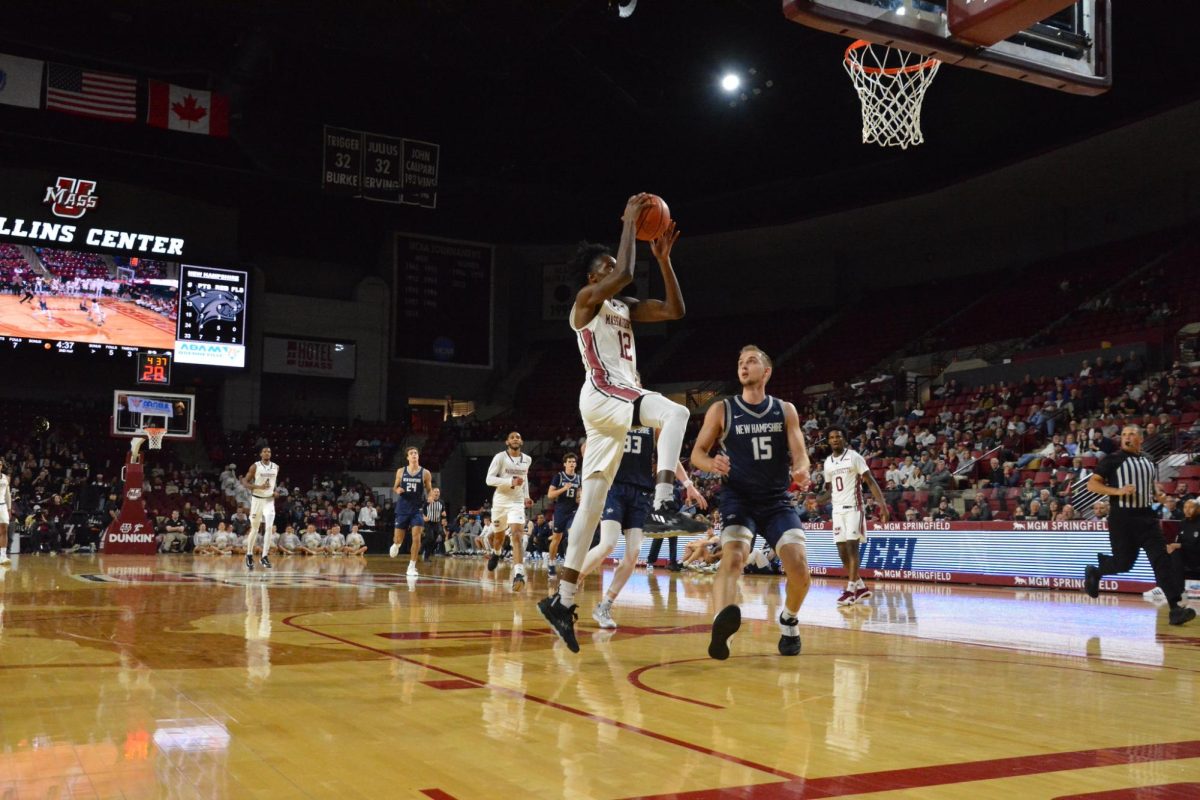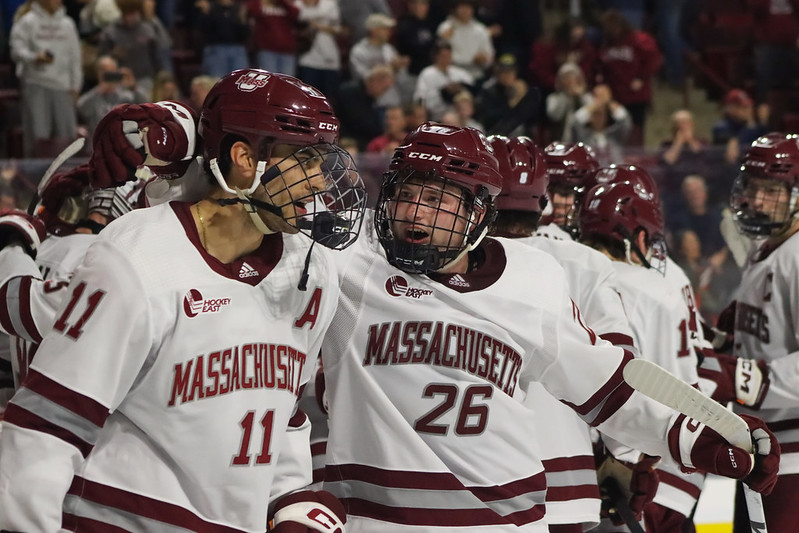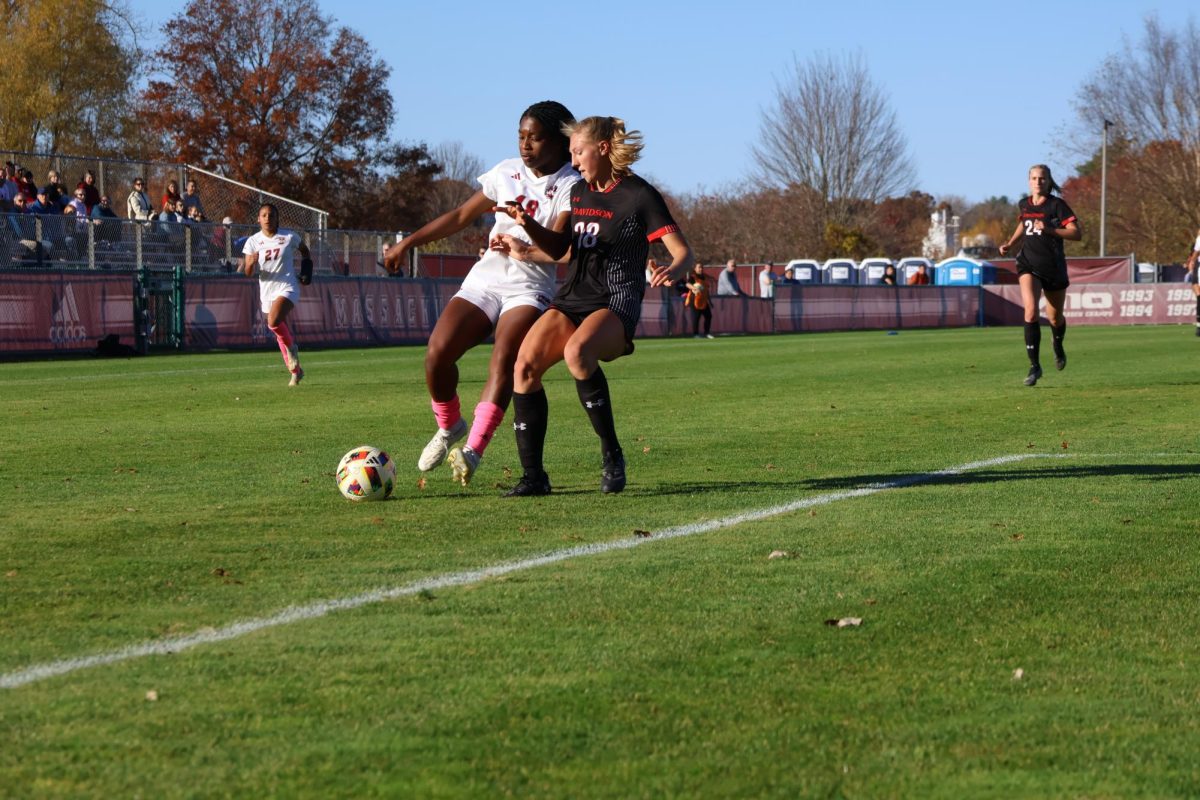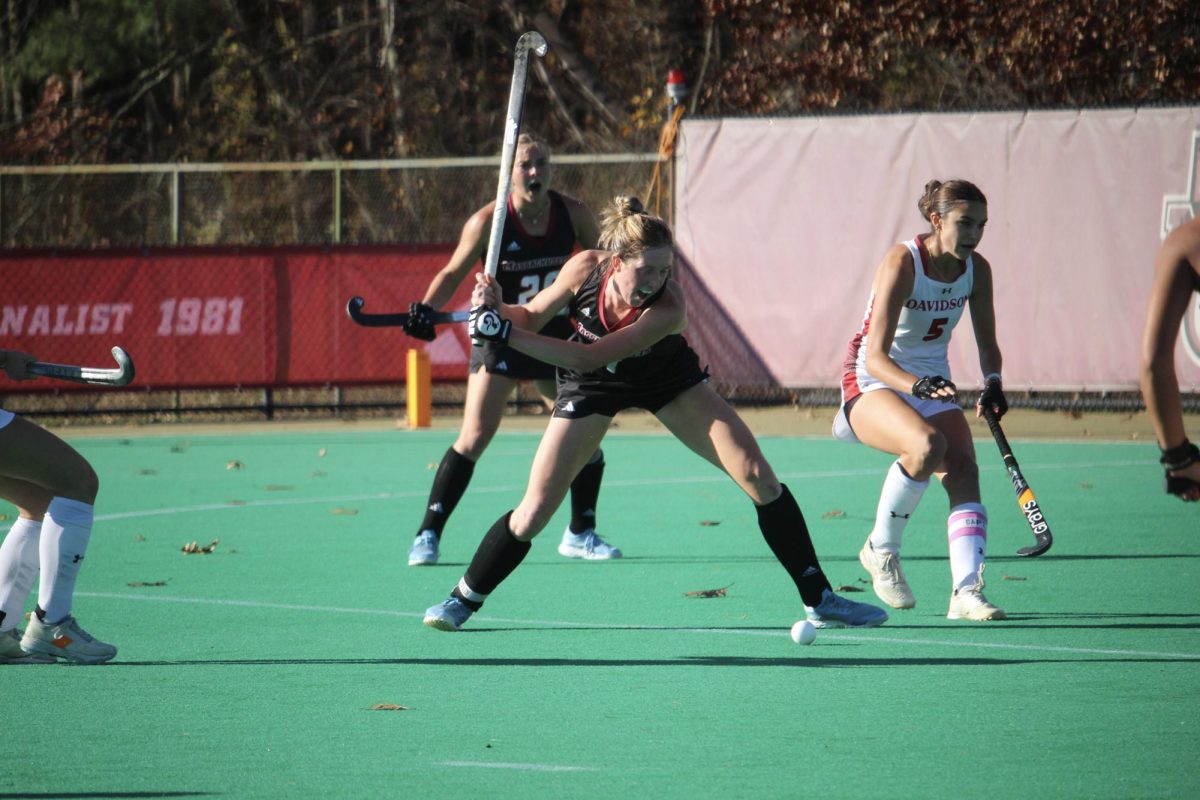PEARL HARBOR
Directed by Michael Bay
Starring Ben Affleck and Josh Hartnett
Sure it’s been a few months since the screaming engines and falling bombs have turned our favorite theatres into a fiery, nightmarish wasteland of burning ships and wounded bodies. But, in the tradition of Don Reid and Sammy Kaye, we’ll remember Pearl Harbor. With it’s 75 million dollar opening on Memorial Day, this Jerry Bruckheimer production quickly seated itself among the top grossing movies of the year, but the wannabe epic has several problems.
“Pearl Harbor is an epic love story set in the days when nations made the devastating leap from peace to World War,” the pre-release press kit stated. And when it comes to the devastating war part of that sentence director Michael Bay did a fine job. Pearl Harbor would be a wonderful movie if it weren’t for the main characters mucking it up.
The film follows two pilots, Rafe and Danny, boyhood friends who have stuck together through thick and thin. Rafe, played by Ben Affleck, is the alpha friend, who usually leads Danny into trouble. But Danny is the smarter one, played extremely well by Josh Hartnett. And to further dampen Danny’s self esteem Danny’s father, shattered by the horrors of Great War France, is an abusive alcoholic. So, in the great tradition of Yogi and Booboo, we have a wonderful pairing of intelligence, sensitivity, inner strength, and Ben Affleck.
Randall Wallace’s story follows the pair from their childhood and into their enlistment in the United States Army Air Corps, where Rafe applies for the “Eagle Squadron,” a collection of foreign (non-British) pilots to assist the Royal Air Force in the Battle of Britain. However, before Rafe sets sail to protect our limey cousins he meets Nurse Evelyn Johnson, played wonderfully by British actress Kate Beckinsale. After Rafe fails his vision test- he can’t read- he relies on his boyish charm to move Evelyn to pass him, and while trying to put one over on her, succumbs to her Nicole Kidman meets Liv Tyler beauty.
A whirlwind romance ensues, and it becomes quite clear that Rafe and Evelyn are more than just a “I’m going to war, let’s screw” hook up. But all things must end, and Rafe ships out to jolly old England, with promises to return.
Oddly enough, Rafe’s illiteracy doesn’t stop him and Evelyn to trade letter after letter, and as their love grows, the audience falls for the couple. And when Rafe is shot down, his last thoughts of Evelyn, the audience is truly stunned.
Meanwhile, back in the States. Or more appropriately, in the territories, for Danny and Evelyn have been transferred to the massive military base at Pearl Harbor, Hawaii. When news of Rafe’s demise is reported back, the two are devastated, and exist, seemingly, in separate worlds until a chance meeting outside a theatre. In mourning their friend, the two seek solace in each other, and a relationship develops between the two.
The only problem is that Rafe isn’t dead, and when he shows up telling his pulled-out-of-the-English-Channel-by-French-fisherman story, Danny and Evelyn don’t know what to do. Danny is glad to have his friend back, but Evelyn is torn between the two, and Rafe resents both for their relationship.
As if matters of the heart aren’t bad enough, across the Pacific Japanese war leaders are planning a crippling attack on the Oahu base, in hopes of breaking an oil embargo that is severely hindering their country.
As the preparations for the day of infamy commence, Rafe and Danny struggle to salvage their friendship. After passing out in a car after a bar fight, the whining engines of Japanese warplanes awaken them.
This is the part I was waiting for- the actual attack. I can only describe it this way- chills. Seriously. Repeated, icy cold chills running up and down my spine as bomb after bomb fell, as fire billowed up from crippled ships, as sailor after sailor died.
The attack seems to last forever, as swarms of Rising Sun planes blot out the sky and as thick, oily clouds of black smoke roll across the harbor. Average men become heroes, as personified by Cuba Gooding Jr.’s portrayal of Dottie Miller, a mess steward turned anti-aircraft gunner.
But the lead characters are scrambling- Evelyn to the hospital, the boys to their planes. And still the horror of war continues. The wounded begin to flood into the hospital, which suffers damage in the attack. The boys manage to get up into the air, and start fighting back- that bolsters the spirits of the audience- who have just witnessed the utter destruction of the Pacific fleet’s battle fleet. Scenes start jumping around now. There are some highly touted (by Touchstone Pictures anyway) scenes with a heavily made up -but still recognizable- Jon Voigt as Franklin Roosevelt, trying to decide what to do in the wake of such a devastating incident.
The retaliation from the United States came in the form of the Doolittle raid- Army bombers, piloted by our heroes, Danny and Rafe, into the heart of Japan. The mission is fraught with peril and sure enough, Danny and Rafe go down in a blaze of glory. Only one makes it back to Evelyn’s waiting arms.
The film, on the whole, is decent. The acting, particularly by Hartnett, Beckinsale, James King and Tom Sizemore, is very good. Randall Wallace’s story has holes you could pilot a Zero through, though. For instance, Rafe’s illiteracy doesn’t seem to stop him from writing love letters to Evelyn.
The major problem with the film is that it tries to do too much. Pearl Harbor sets out to be a love story, a war story and a period piece, and fails to do any of the three perfectly. The love story, by itself, is good. The period piece, by itself, is good. And the war story, by itself, is fantastic. But in trying to do all of them, it accomplishes little except to send the audience on a roller coaster ride of expectation- you never know if the next scene is going to be a history snap shot, an explosion, or a kiss.
If the film stuck to the story its title spelled out for it, that is if the film was simply about the great attack, the audience would have been happy, and the film would have been stronger. As it is, the audience sits through two hours of character development before anything really interesting happens.
Wallace’s script also broadly paints out parts of history, while adding in some touches of modern day political correctness.
Roosevelt is shown making a point of his disability, and without his trademark Chesterfields. And try as they might, Bay and Bruckheimer just can’t hide Jon Voigt. His character isn’t true to FDR’s nature, and comes across very much as someone playing FDR.
The character of Dottie Miller is introduced, seen once or twice, and then ignored. There is a final voiceover by Kate Beckinsale, which goes on to tell us what happens after that. It’s tacked on at the very end, and it feels it. It’s out of place with the rest of the film, and doesn’t really fit. A more fitting ending would be some shots of the Arizona memorial, or pretty much anything but a voiceover.
There are other problems with the picture. Alec Baldwin plays air hero Jimmy Dolittle, but plays it over the top. Every line Baldwin spouts sounds as if it got cut from a John Wayne movie.
Historically, there are all kinds of problems. The WWII planes are beautiful (if off by a couple of years in some cases), but they are treated like racecars, zipping through alleyways and pulling tight corners.
There are several ships in Pearl Harbor that definitely don’t belong- you can clearly see the missile launchers on several ships which, incidentally, are blown up first. No soldier fought in all three battles (Britain, Pearl Harbor, and the Dolittle Raid). The Raid itself is presented oddly. Instead of the well balanced, all sides look like we got at Pearl, we see kimono wearing women and desperate workers trying to shoot down the American B-25s. In addition, the movie makes the Raid out to be worse than it was. It was much more of a morale booster than a significant attack. In addition, only 13 airmen were lost in the ra
id – eight being captured, three died while bailing out. All 16 airplanes were lost. One managed to make it into the USSR, where the plane was impounded and the crew arrested. Four crashed landed in China, and the other eleven crews bailed out over China. None of the planes made it to the airfields. Of the eight that were captured, three were executed, and one died in a prisoner of war camp. Of the 62 men that crashed or parachuted into China, 12 would be killed later in the war. The point is none of the Raiders were killed on the ground in China by Japanese infantry, as depicted in the movie.
It’s strange though, because except for the main characters, everything is really well done. The Doolittle raid- Alec’s over the top performance aside- is right on, down to the Japanese friendship medals attached to the bombs and the broomstick machine guns.
The hospital scene, shot from the point of view of a wounded officer, is wonderfully done, and does what Spielberg’s camera work on Omaha beach did: It puts the viewer there, in the moment.
The actual attack itself is downright scary, and one can only imagine how bad it must have been to actually be there. The Japanese planning scenes are spot on, down to the formal ministry speech of the officers. Basically, the best way to learn anything from this film is to ignore the main characters and watch the background and the supporting actors. It’s tough to be critical of a movie that tries so hard to be right and yet falls short of the mark, but it definitely gets an A for effort, C plus for conduct.






